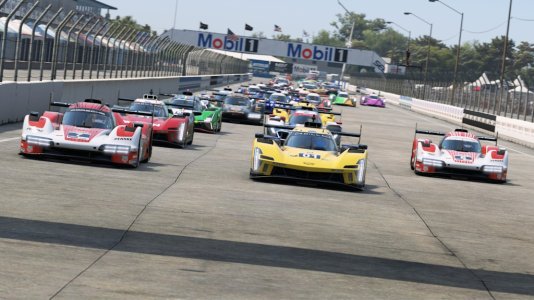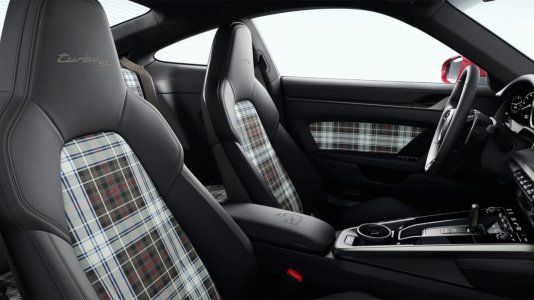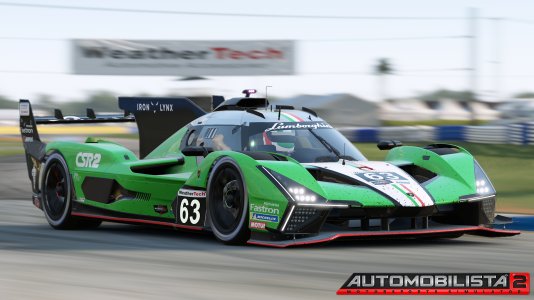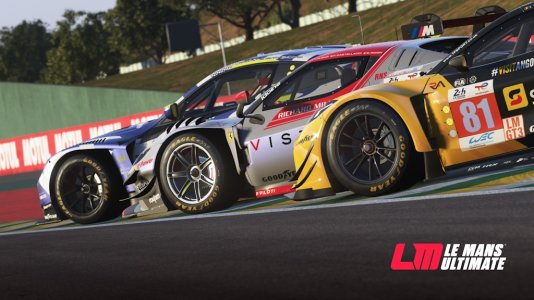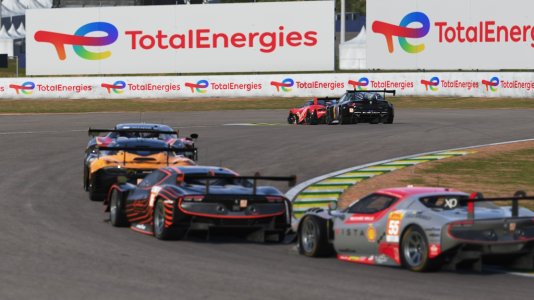GuitarTech
Premium
If a 3090 "only" cost $ 1500, it would be a bargain at today's prices: here in Germany, looking at the market leaders website alternate.de a 3090 costs € 2600-2800.It wasn't directed at anyone specifically, just an observation that the state of the market is completely cooked and the way it gets there most of the time is the complacency of the consumer. The 80 class cards and above should always offer less 'bang for the buck' as the higher you go in a product stack, the lower the value proposition normally becomes. However, I see people justifying ridiculous price creep with the "well it's faster so it should cost more". This is not how PC hardware and the majority of consumer electronics work.
Normally, we upgrade our devices due to something faster being available to purchase after a certain amount of time owning the old or current device. I've rarely, if ever, replaced a PC part due to failure, yet I've upgraded my PC countless times. This shows a want, rather than a need, to replace my current hardware. If we replaced devices simply because they stopped working, we'd hardly ever buy new things compared to the current rate of upgrade cycles. Therefore it's on the manufactures of these devices/products to offer a compelling reason to buy new things when we don't really need them.
If we continue to excuse the price increases we've seen across the Turing and now Ampere generations with the product stack shift, overall increase in MSRP, the fallacy of only the "founders edition" being more expensive than AIB partner cards, the insane existence of the 3090 at $1500, etc. we are creating a world where it's OK to pay 50% more than last generation for the same product segment for 50% more performance. The cycle will never end if this happens and we'll be paying tens of thousands of dollars for GPU's before we know it.
It sounds stupid but that's the logical conclusion to the argument being made by many to support what we've seen over the past 2 - 3 years. Inflation should only be responsible for a very small amount of the increase and should be consistently aligning with financial markets. Even then, the cost of production of each card, not accounting for recent shortages of silicon and other materials required for PC hardware, should be going DOWN since the amount of units sold is MASSIVE compared to 10 years ago. Yes R&D plays a significant role in cost but what magical leaps have we seen recently in anything PC hardware related compared to when 3D accelerators were literally changing the game when introduced 15+ years ago? Hardly anything.
The constant +30% each generation is getting SO boring. As is the predictability of performance in a given product stack. 5%, +5%, +5% +5% for each tier by time the stack has been completely fleshed out.
I paid €936 for my 3080 in November 2020, and felt I'd paid over the odds at the time, but bought it anyway because I wanted to improve my VR performance, and wasn't prepared to wait.
Now I realise I got a bargain ( relatively speaking), when I see that 3080 cards now cost €1600-1800. And the shipping costs extra at alternate.de, despite these prices. It's a crazy world we live in....
Last edited:



